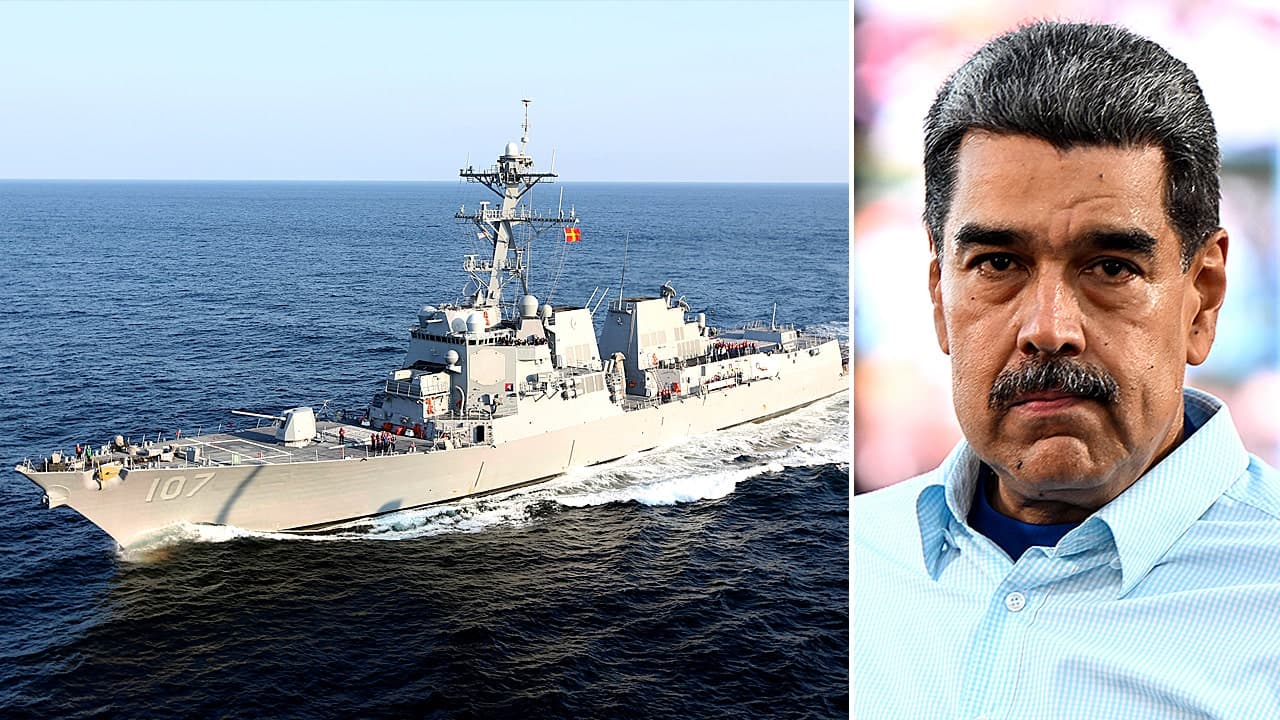Geneva Talks Test US Peace Plan, Allies Urge Major Revisions
Senior diplomats from the United States, Ukraine and leading European powers are meeting in Geneva to consider Washington’s 28 point draft to end the war in Ukraine, a blueprint that has already exposed fractures among allies. The outcome could reshape European security, influence NATO’s future expansion and determine whether Kyiv retains territorial control and sovereign decision making.

Senior officials from the United States, Ukraine and major European capitals are meeting in Geneva on November 23 to deliberate a contentious 28 point U.S. draft peace plan intended to end the war in Ukraine. The talks bring together U.S. special envoy Steve Witkoff and Secretary of State Marco Rubio, national security advisers from France, Britain and Germany, and representatives from the European Union and Italy in what organizers describe as an intensive attempt to bridge competing positions before a tight U.S. timetable.
At the center of the dispute is a set of provisions reported by Reuters that would oblige Ukraine to cede territory, accept limits on its armed forces and renounce aspirations to join NATO. Those elements have provoked resistance in Kyiv, where officials say such terms would undercut Ukrainian sovereignty and the long term viability of the state. European partners, while aligned with Washington on the goal of ending hostilities, have signaled that the draft requires significant revision to better protect sovereign rights and ensure enforceability.
A German source said a European draft based on the American framework but amending several key points had been circulated to both Kyiv and Washington. The parallel text underscores the diplomatic tightrope facing allies who must simultaneously seek an end to costly fighting, preserve Ukrainian self determination and guard against a settlement that Moscow might exploit to consolidate gains by force.
Ukrainian President Volodymyr Zelenskiy has publicly warned that the plan risks Kyiv losing its dignity or losing U.S. backing, framing the debate in domestic political terms that will constrain negotiators in Geneva. In Moscow, President Vladimir Putin described the plan as a possible basis for a U.N. resolution while signaling he may oppose provisions relating to troop withdrawals and mechanisms for enforcement. That ambivalence from Russia complicates any path to a durable settlement and raises questions about verification, guarantees and the role of international institutions.
Western capitals are also weighing the strategic implications for NATO. Requiring Ukraine to abandon accession ambitions would mark a historic reversal of the alliance’s open door posture and could reverberate across Europe, altering deterrence dynamics. European foreign policy officials view safeguards for Ukrainian sovereignty and security assurances as essential to any proposal that would ask Kyiv to accept territorial or military constraints.
U.S. officials have imposed a firm schedule, citing a Thursday deadline previously referenced by the U.S. president, but have emphasized that no deal will be finalized without presidential signoff in Washington and Kyiv. The compressed timetable increases pressure on negotiators to reconcile divergent red lines while preserving alliance unity.
The Geneva discussions will test whether allied capitals can translate a Washington led initiative into a multilateral framework that satisfies Kyiv’s demands for dignity and security while offering Moscow an off ramp that can be credibly monitored. The talks will also illuminate the limits of diplomatic compromise when territorial integrity and the future of a European security order are at stake.


